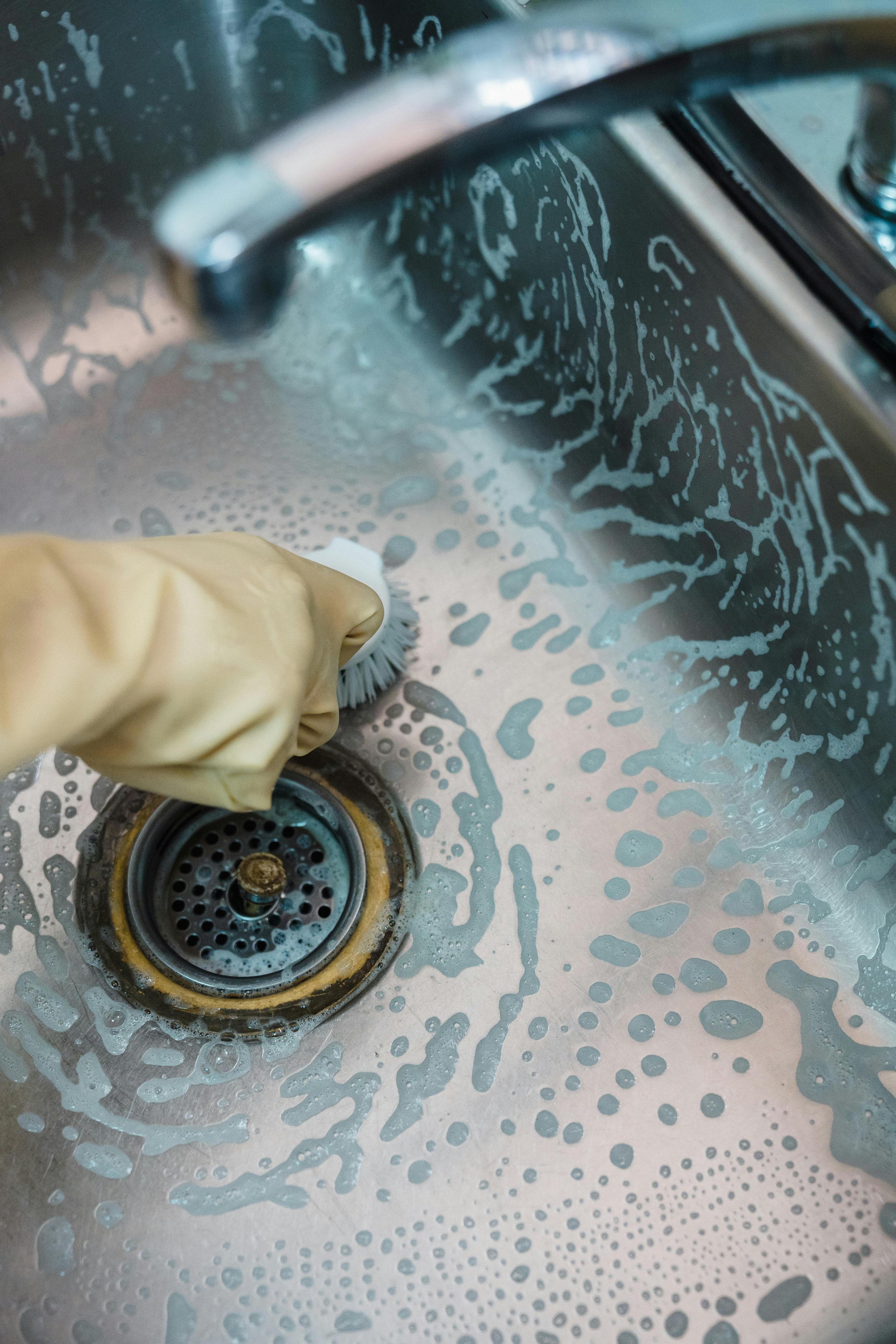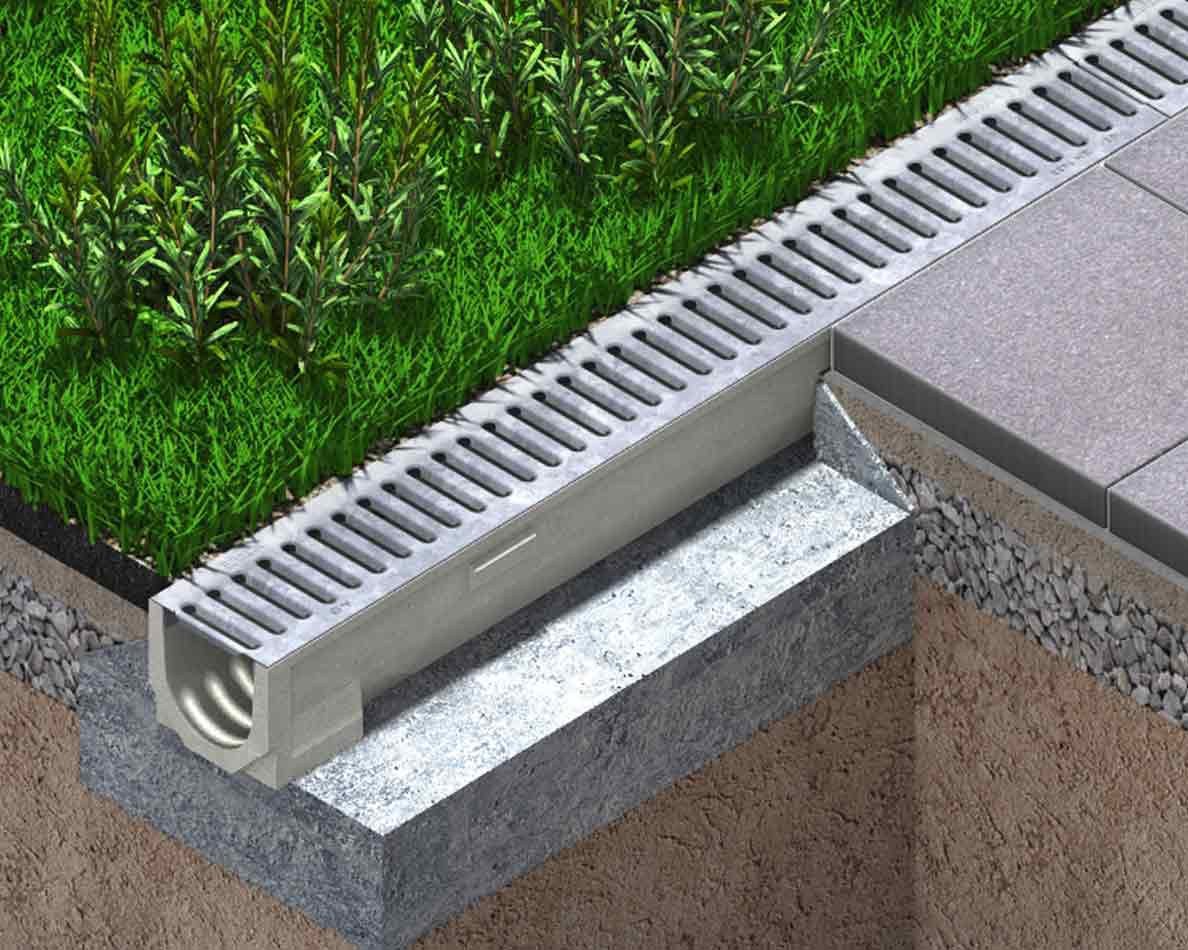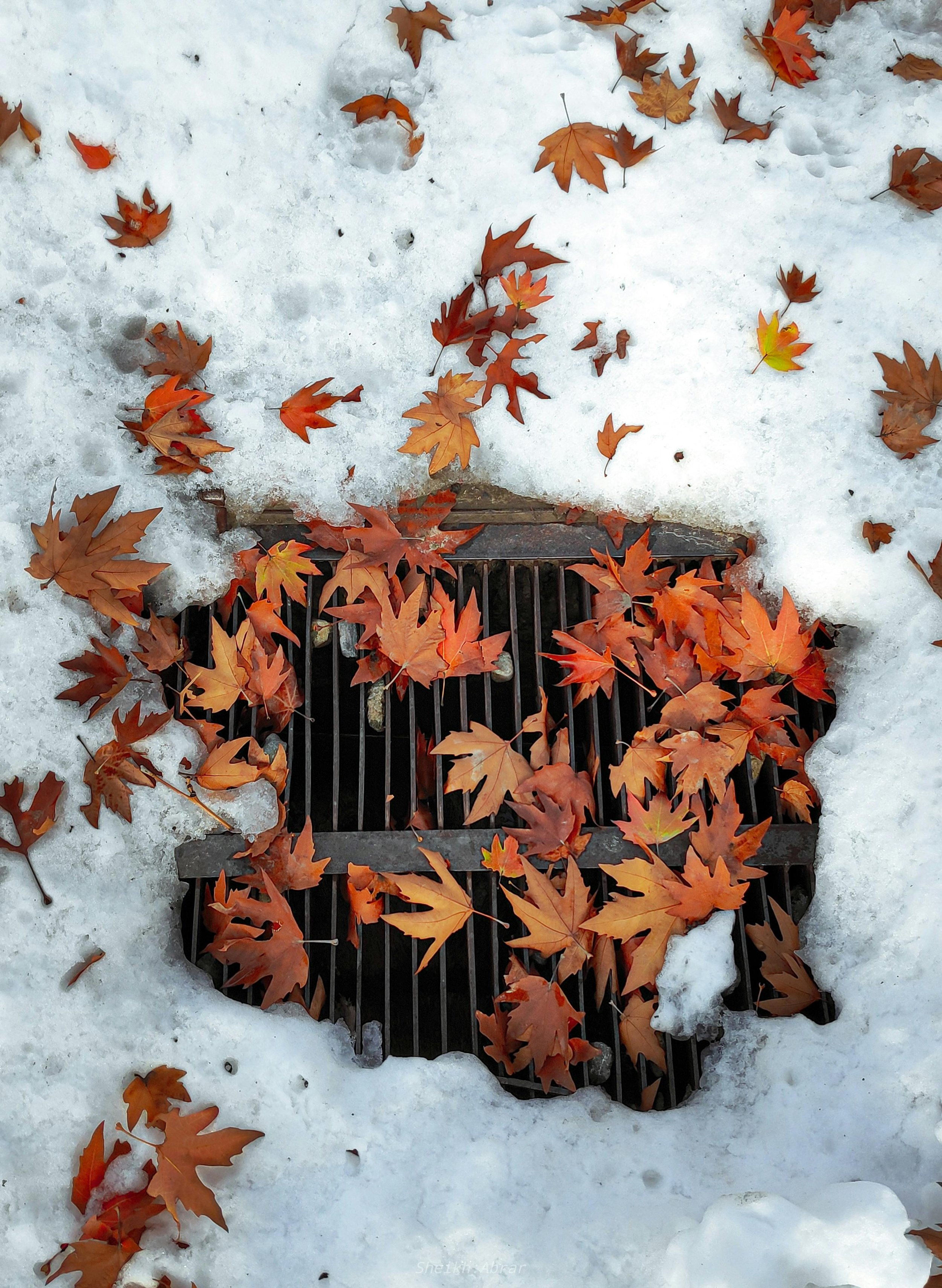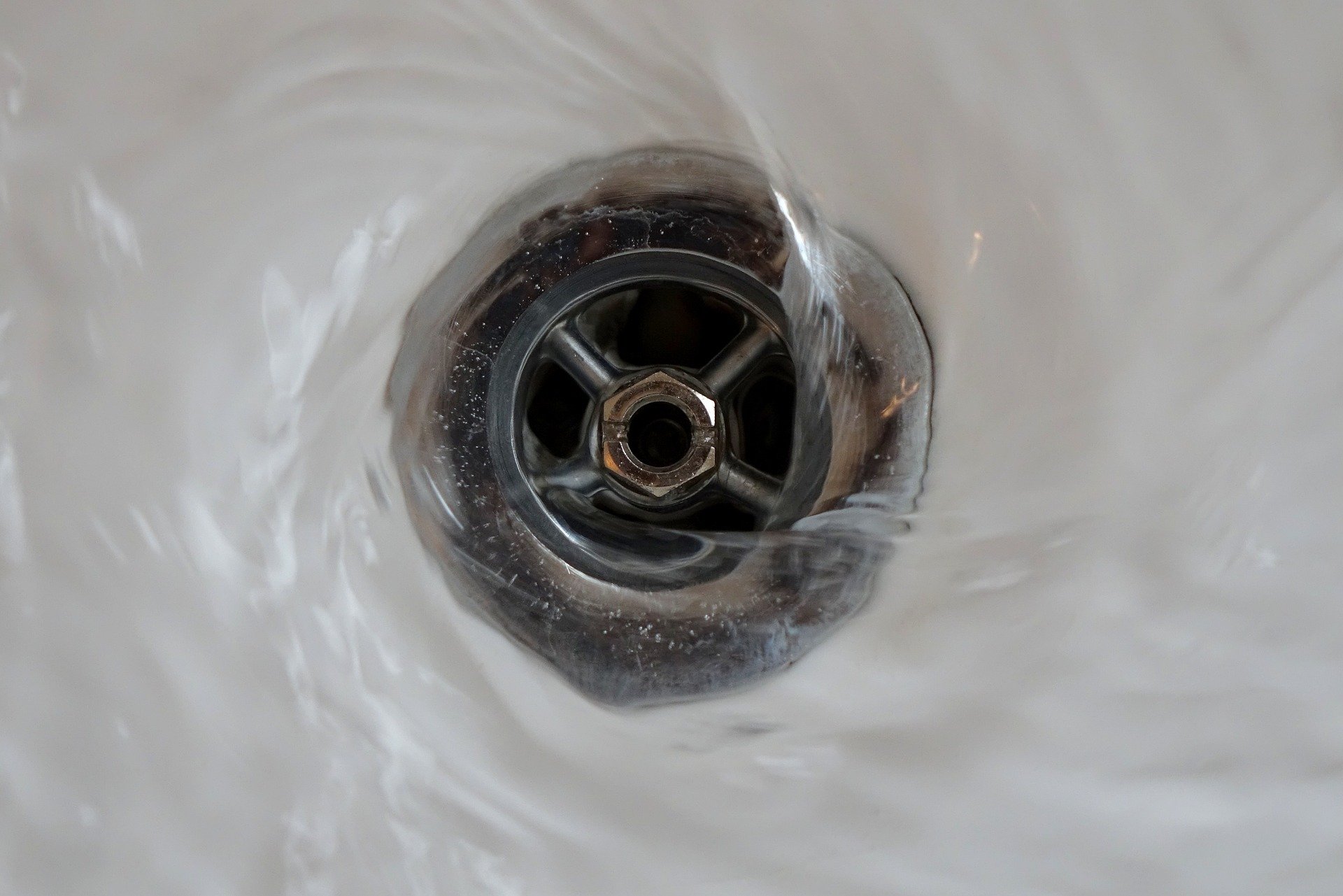How to Unclog Drains without Damaging Your Pipes
Learn effective methods to unclog drains safely without causing damage to your pipes, using simple tools and household solutions.
Clogged drains are a common problem that faces most homeowners. However, one must strive not to commit damage while trying to fix clogged drains, lest it becomes a very expensive affair. That is why most people resort to using harsh chemicals or forcing their way through the clogs, methods that actually wear out the plumbing system. Instead, it can clear your drains effectively using safe techniques that will keep your pipes lasting longer. In this article, we look at a number of helpful tips and methods for unclogging your drains without necessarily causing damage to your plumbing.
Identifying the Cause of the Clog
Before we delve into some of the effective methods of clearing your drain, let's first identify what causes the blockage. Typically, blockages develop from an accumulation of hair, soap scum, grease, or food over time. Sometimes, the blockage in the drain pipes results from small foreign objects such as jewelry or toys. When you can trace where the clog originates from, you may already know the best removal method. For example, a grease-clogged kitchen sink might be treated differently compared to a bathroom sink filled with hair. Here, taking your time to study the case will save you from damage and will make the fix smoother.
How to Use a Plunger Effectively
A plunger is among the simplest but most effective tools in unclogging your drain without necessarily causing damage to your pipes. It creates a vacuum that will displace blockages in the plumbing system. In using a plunger, first make sure the sink or tub has at least a little water to create a seal. Then, place the plunger over the drain and push down hard, pulling up in quick, hard motions. Continue with this action until the water begins to drain. A plunger is particularly good for small blockages and will not push harmful chemicals or too much pressure through the pipes.
Trying a Baking Soda and Vinegar Solution
The most natural, nondisruptive way to clear a drain is to use baking soda and vinegar. It's eco-friendly and won't burn the inside of your pipes. Begin by slowly pouring one cup of baking soda down the clogged drain; then pour one cup of white vinegar. The reaction between these two chemicals will create some kind of sizzle that is highly successful in the decomposition process of whatever residue develops inside the pipes. Allow the concoction to sit for around 15 to 30 minutes, then rinse it with hot water. The above-mentioned process is ideal for slow-draining sinks and minor blockages that do not create any danger to the pipes.
Manual Extraction by Using a Drain Snake
A drain snake, otherwise known as a plumber's auger, is one of the useful tools you will be able to employ in unclogging your drains without necessarily having to use chemicals. Being flexible means it has been exclusively designed to follow the bends of your plumbing into the deep parts of your drains where a clog may be present. To use a drain snake, put it in the drain and then push it until you feel some resistance, which will indicate that you have reached the blockage. Then, rotate the snake to either break up or retrieve the clog, pulling it back out. Drain snakes are going to be especially good for bathroom drains that have been clogged up with hair. Just be careful not to push the snake too hard, which can scratch or even break the pipes.
Avoiding the Use of Harsh Chemical Drain Cleaners
Chemical drain cleaners may seemingly offer an easy way out, but the effect they cause is more damaging than beneficial. These products are of corrosive content, typically sulfuric acid or sodium hydroxide, to dissolve the building block of clogs. But these very strong chemicals can tear at the inner lining of your pipes-especially if those pipes are made from some of the older materials like cast iron or copper. These will eventually break down over time and lead to leaks, cracks, or the need to replace pipes entirely. Instead, having the use of more organic or mechanical alternatives such as plungers or snakes for the drain will help to save your plumbing system from further damage.
Using Boiling Water to Dissolve Clogs
For minor blockages resulting from grease or soap scum, you can be able to get rid of them by simply pouring boiling water. Grease and soap have the tendency to solidify inside pipes and reduce proper flow. Sometimes simply pouring a pot of boiling water directly down the drain may help to loosen some of the substances and melt them so that they would flow freely through the system. This is an exceptionally great technique in the kitchen sinks since grease easily builds up in such sinks. Be cautious, however, if you have PVC pipes since extremely hot water may soften the plastic. In these instances, hot tap water may be safer than boiling water.
When to Call a Plumber
But most of the minor blockages, it works fine. In such a case, you may need to call a plumber. If after trying many ways, the blockage remains there, or if you see water back-up in several drains, this might be something serious and could mean a blockage of the main sewer line. In these instances, a professional plumber will not only possess the right equipment but also knowledge with which to recognize what is wrong, fix the issue without causing further damage to your plumbing system. Waiting too long to address serious clogs can be met with larger, more expensive repairs, so it may be even better to let the pros do their thing when required.
It need not be either cumbersome or damaging to unclog drains. You only use the most basic instruments, like plungers and drain snakes, along with natural solutions that include baking soda and vinegar to eliminate blockages with minimum damage. Other ways to take care of the plumbing system for a long time include refraining from using harsh chemical cleaners and taking precautionary steps against blockages. In cases of stubborn blockages, a plumber needs to be called in to have your drains kept at their best. Fortunately, with just the right approach, maintaining your drains, so that they are clear and running well, is not all that difficult or disruptive.




